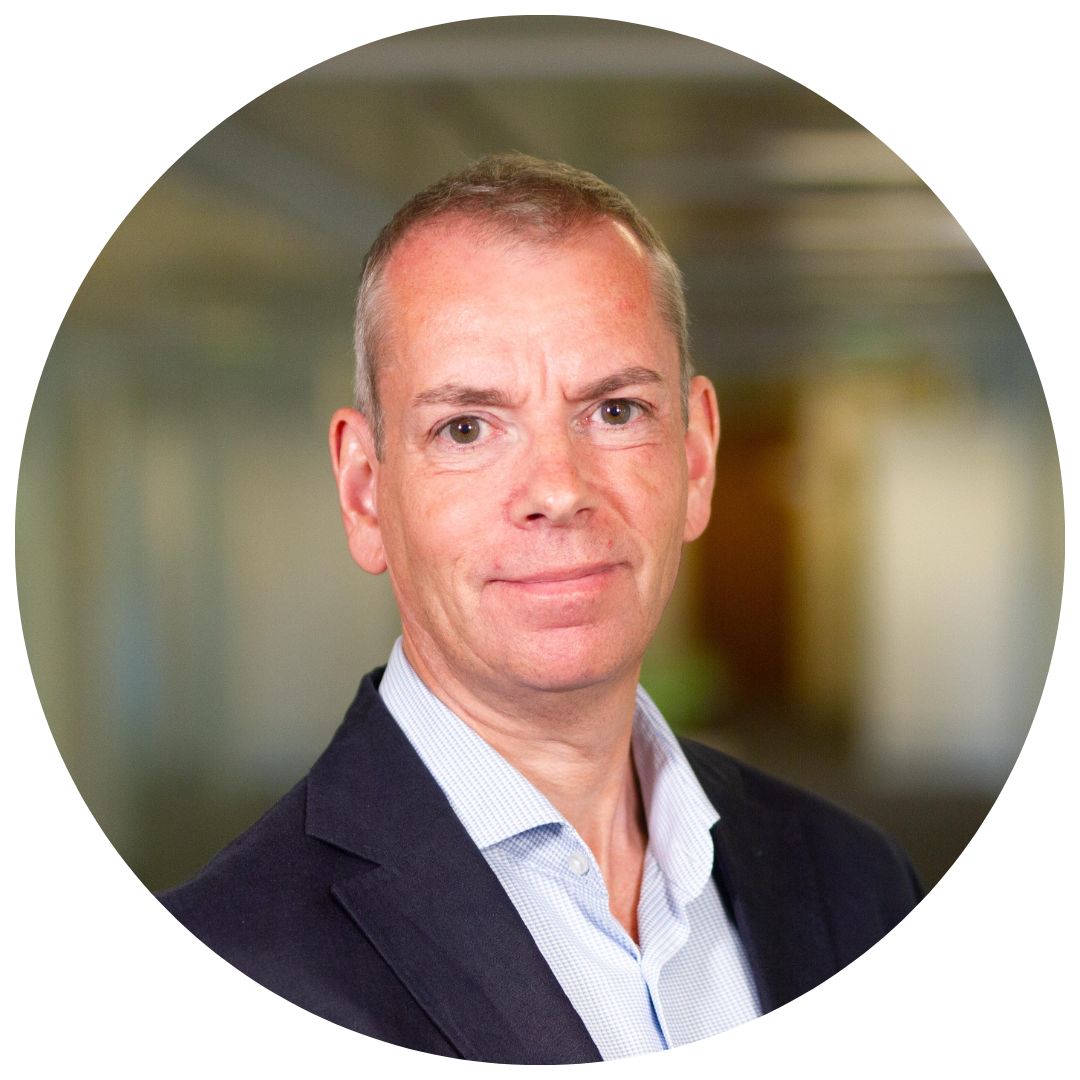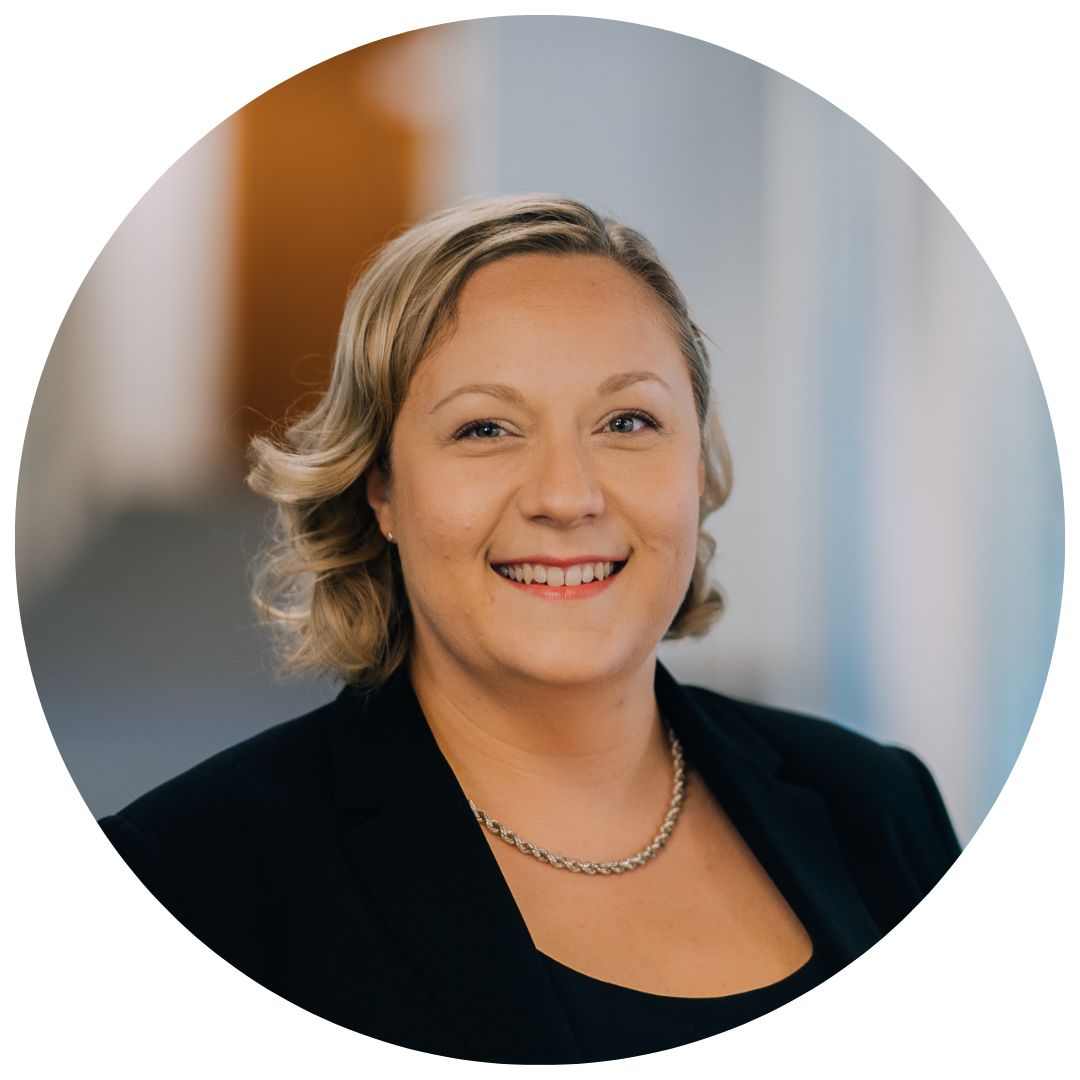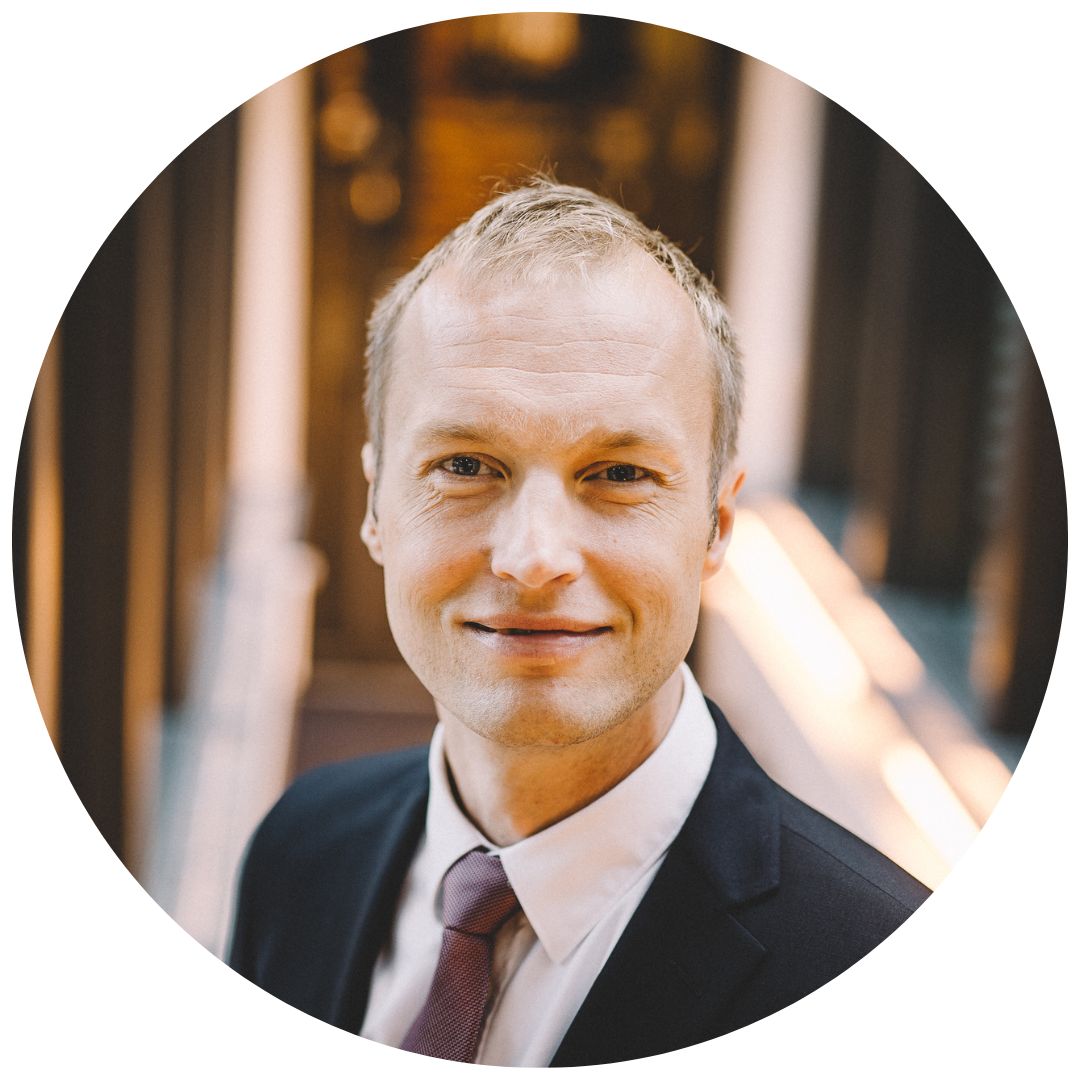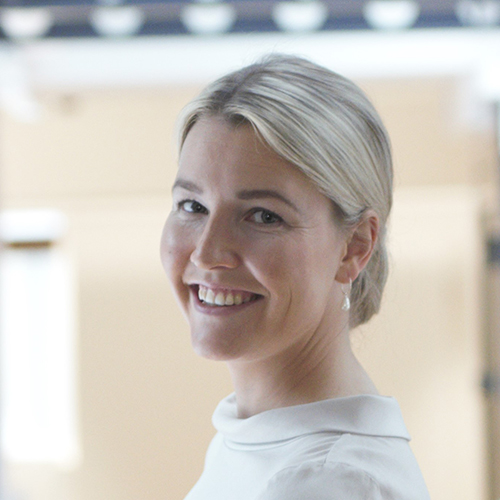The question of how responsible investing works in practice is often left unanswered. Here's how Evli's fund managers approach ESG in their daily work.
While often discussed in theory, the question of how responsible investing works in practice, especially from the point of view of fund managers, is commonly left unanswered. We sought to explore this by interviewing a selected group of fund managers on how they approach ESG in their daily work.
Responsible investing as taking a stand on what matters
Before digging into the how, a relatively common view was established on why responsible investing, or integrating ESG, is practiced in the first place. Our fund managers' viewpoints combined value-adding and risk mitigation perspectives, ultimately rooted in value-based decision-making.
"All institutional investors are guided by their values, fiduciary duties, and responsibilities. Responsible investing means taking a stand on ongoing matters in the world, the economy, and the market. There are good and positive developments in which one wants to participate, and there are bad and negative developments that one wants to avoid. Active standpoints express the investors' underlying values and are thus worthwhile taking."

– Tomas Hildebrandt, Senior Portfolio Manager, Institutional Clients
“In a nutshell, ESG integration is a risk management tool. It improves one's view of the cost of capital and portfolio downside, among other things.”
– Olga Marjasova, Portfolio Manager
One size does not fit all in ESG
When we move on to the how, it's clear that perspectives differ broadly across the organization, and so they should. At Evli, with roughly EUR 16 billion Assets under management, ranging from listed equities and bonds to unlisted assets such as real estate, private equity, or forestry, it's evident that one size does not fit all.
"ESG is part of our everyday work. For example, when we evaluate companies, it's present in following Evli's exclusion lists, making governance analysis based on our investment process, and considering the financial outcomes of relevant, probable, and evaluable ESG risks. We may also react to major ESG events in the companies in our portfolio if we can't longer justify our investment in that company."
– Marjaana Haataja, Portfolio Manager, Global Equities
At Evli, investment decisions are governed by our principles for responsible investing, our exclusionary policies, and our net-zero targets. However, as each asset class has unique characteristics regarding how the fund is managed, the same applies to managing ESG. These characteristics range from the materiality of ESG factors to data availability and comparability, as well as the role of investors, given the nature and time horizon of the investment and holding period.
In-house ESG expertise on fund level
Given this divergence, it's crucial to have in-house, specialized expertise on the fund level. For example, in Evli Impact Forest Fund, with a specific goal to remove and store atmospheric carbon dioxide in growing forests and wood products, portfolio manager Roger Naylor holds +18 years of experience in global forestry investments and forest economics.
“Forestry is at the forefront of climate change mitigation strategies, due to its ability to remove and store atmospheric carbon dioxide. It’s a clear case of a responsible investment moving beyond risk mitigation to potentially enhancing returns, as carbon values are captured.”

– Roger Naylor, Portfolio Manager, Evli Impact Forest Fund
Similarly, in Real Estate, Evli's portfolio manager Heidi Tilli has a longstanding background in integrating ESG into portfolio management:
“I approach ESG holistically and see it as an integrated part of portfolio management. I have a background in heading a pan-Nordic ESG team and, therefore, can draw knowledge from that experience in the day-to-day work with the fund and its local Finnish properties. I'm also a member of Green Building Council Finland's nomination committee and can do my small share to benefit the Finnish real estate industry's development towards a sustainable future.”
– Heidi Tilli, Portfolio Manager, Evli Rental Yield
ESG as an ever-moving target
Over the years, Evli's work on ESG integration has naturally evolved and developed, and so have its organizational capabilities. Today, over 50 portfolio managers and analysts are working actively on ESG integration, supported by a centralized responsible investing team and an ESG executive committee, including Evli's CEO.
Given the speed of development, driven by the global economy, demand drivers and regulatory developments, it's clear that best practices in responsible investing evolve as well. For this reason, internal training and development is a key pillar in Evli's approach to ESG. As a highlight, just last month, 30 fund managers and analysts across the organization gathered for two days of ESG training, covering current topics such as climate impact, taxonomy effects and the SFDR.
Finally, it's evident that ESG investing will largely affect fund managers' work in the future. Reflecting on the balance of risk and return – bringing in a third component to the mix will affect investment decision-making today and likely even more so in the future.
“ESG brings a new focus, even when the primary goal is profit and beating the index. In responsible investing, you optimize many different things instead of just optimizing one.”
– Janne Kujala, Head of Nordic Equities, Portfolio Manager













